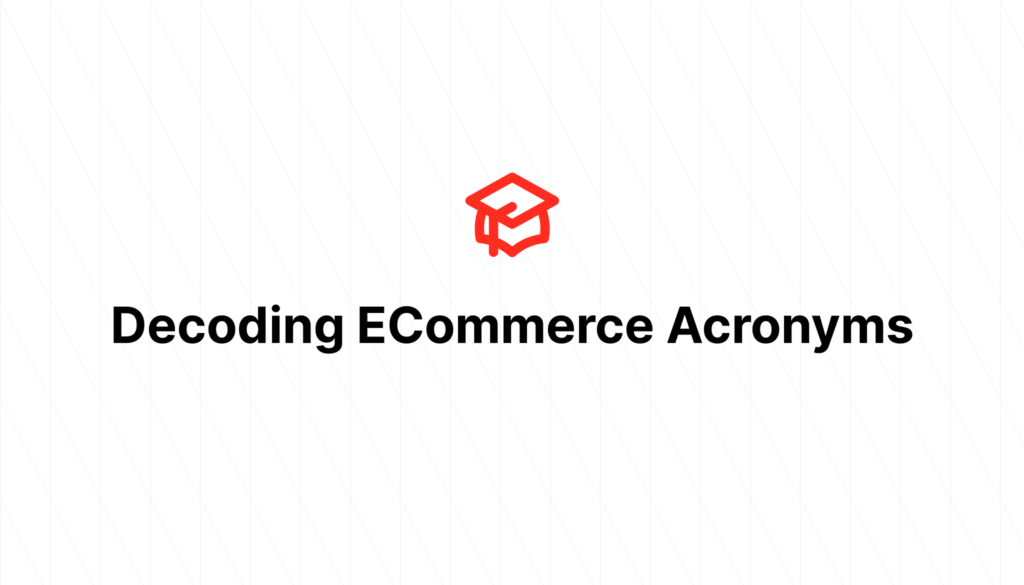You may have thought your vocabulary lessons were over in elementary school, but the internet has changed the words and acronyms in everyday vernacular. You might have learned about RADAR and NASA as a child, but what about BRB, LOL and TTYL?
While those last three acronyms may not be vital to your business success, others will be helpful. Here are translations of a fewcommon acronyms that can help you communicate as you run your e-(that’s “electronic”) business.

B2B and B2C: “Business to business” and “business to consumers.” These terms describe the selling of products to specific groups. For example, selling lumber to a commercial contractor is a B2B transaction. Selling dog toys to a pet owner is a B2C transaction. (As a side note, “B2G” is sometimes used to describe business-to-government transactions.)
PPC: “Pay per click.” This is an internet advertising strategy in which advertisers pay website owners a certain amount every time a user clicks on their ad. This model is results-driven and appealing to many business owners because they pay only when there are measurable results. This is especially popular on search engines but may be used elsewhere.
CTR: “Click Through Rate.” This number is usually used to measure the effectiveness of a pay per click ad and is determined by dividing the number of clicks an advertisement receives by the number of times the ad is shown.
SEO: “Search Engine Optimization.” This is the general term for developing a website using certain techniques to help it rank well on search engine results pages (or SERPs). This may involve tweaking copy, using certain HTML tags or encouraging users to link to your pages. There are professionals who can help with SEO and many places to learn it yourself.
SERP: “Search Engine Results Page” (pronounced as a word, not individual letters). This is the page that displays search results after a user performs a query on a search engine. It usually includes a list of web pages, links to those pages and short descriptions of where each page uses the keywords searched for.
